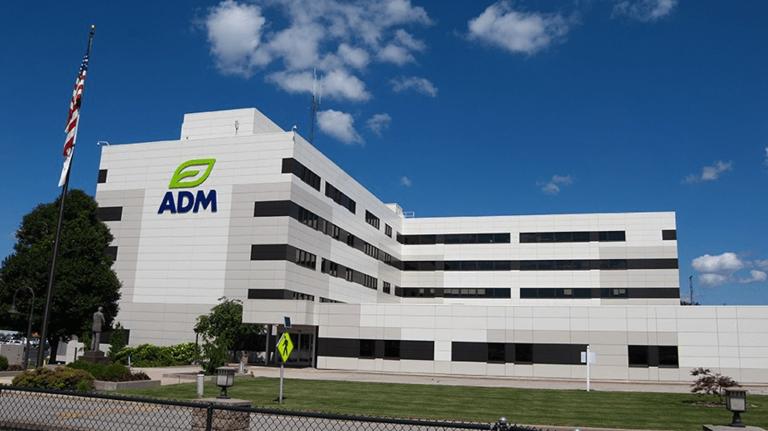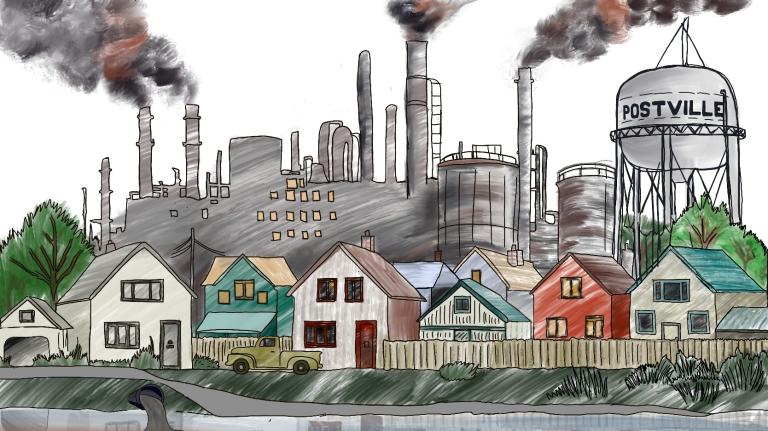Does access to information protect us, or put us at risk? That question is at the heart of an environmental debate that’s taken on a different shape — and different stakes — since Sept. 11. At issue is the public’s right to know about chemical plants and other factories manufacturing hazardous materials. Environmentalists maintain that people have a right to know about hazards in their communities — and that access to such knowledge is one of the driving forces behind environmental improvements. The chemical industry and its allies, however, argue that making such information public poses a risk to national security by essentially granting would-be terrorists blueprints to potentially devastating targets. So far, the industry is winning the ideological battle; in the name of national security, the government has limited access to previously public data about chemical accidents, and stripped websites and reading rooms of materials showing the location of potential targets. But environmentalists aren’t bowing out; Greenpeace, for one, is planning to post a map on the Internet showing how an attack on a New Jersey bleach plant could unleash a lethal cloud of chlorine vapor over New York City.

